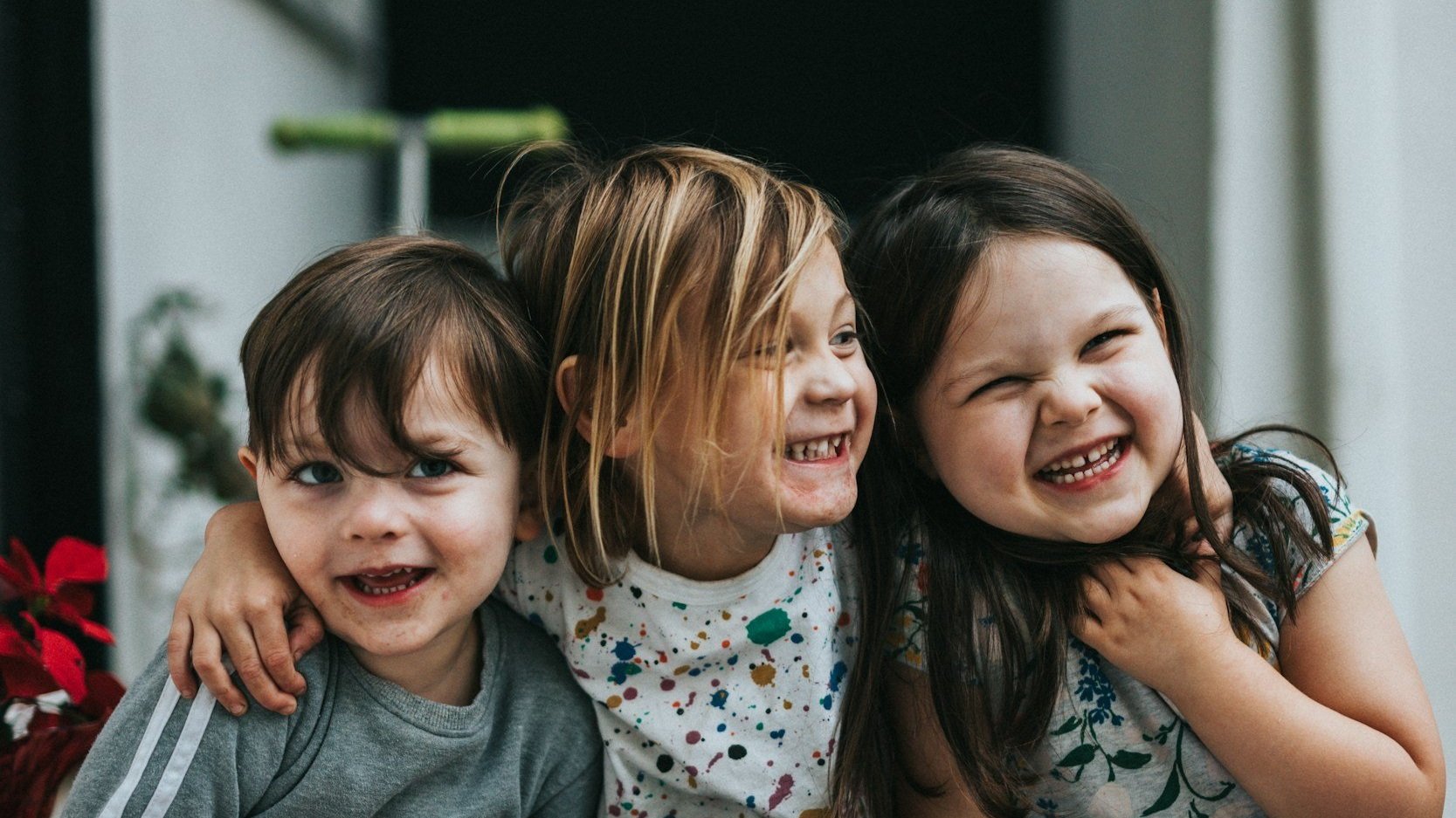
Pediatric Mental Health Blog
© 2025 COPYRIGHT NOTICE: All original resources, content, and materials produced and displayed on this website are the intellectual property of Child Therapy Guide. These resources are protected by copyright laws and are intended for personal, non-commercial use. Unauthorized reproduction, distribution, or any other unauthorized use of the content without explicit permission from Child Therapy Guide is strictly prohibited. Users are encouraged to enjoy and utilize the resources responsibly, respecting the copyright and intellectual property rights associated with the content. For any inquiries or requests regarding the use of our materials, please contact us through our contact form.

The Statue Game
Practicing mindful movement and skilled attention can help kids manage impulsive behaviors. Most kids struggle with some degree of impulsivity, but kids with ADHD may particularly benefit from games that exercise self-control.
Read on to learn how to play The Statue Game!

8 Mindfulness Worksheets for Kids
Mindfulness practice offers a guided pathway for children to develop a sense of calm, self-awareness, and emotional regulation. Our collection of free printable PDF mindfulness worksheets provides a variety of engaging activities designed to help kids explore presence of mind, manage stress, and cultivate emotional well-being.
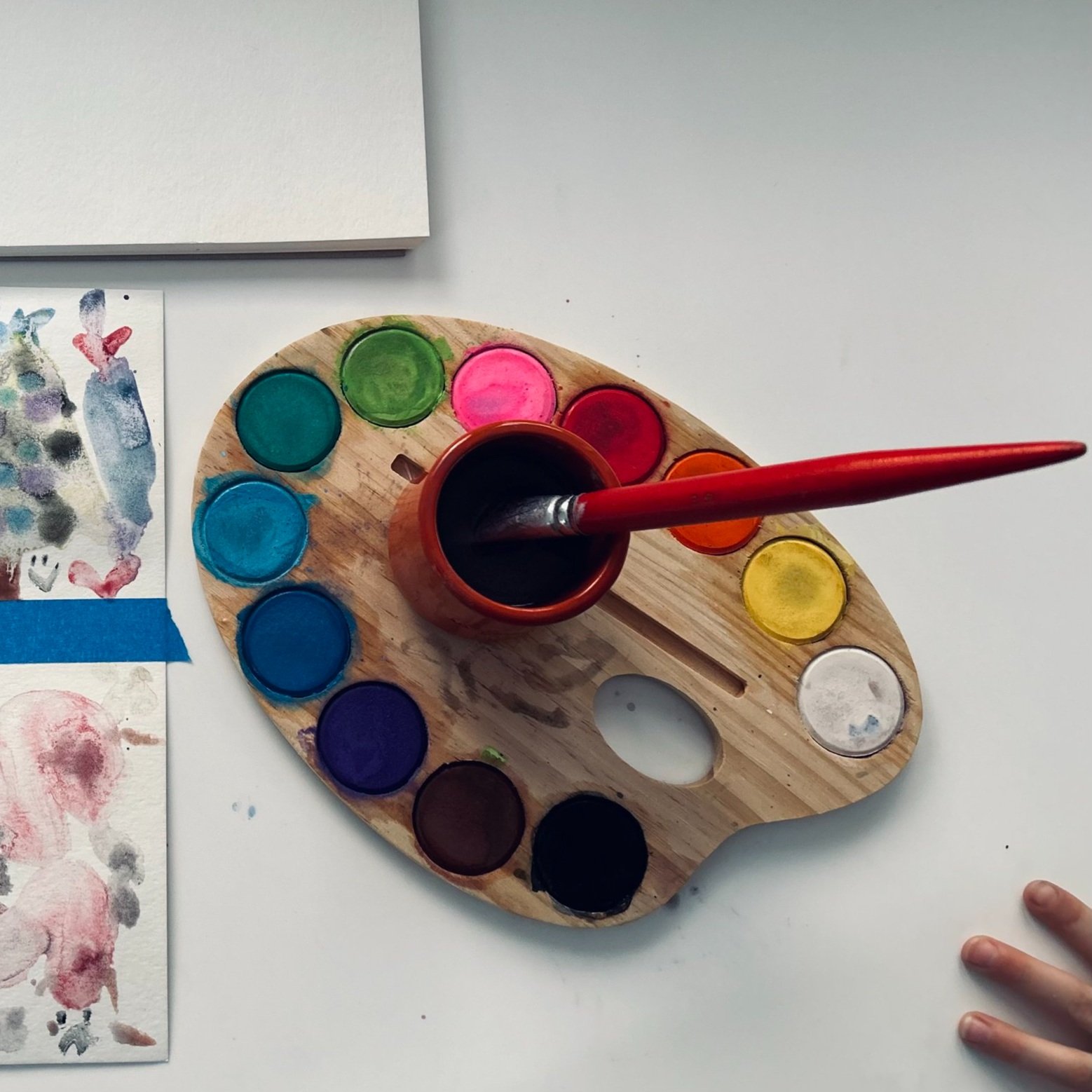
Art Therapy: Emotion Storms
Looking at a storm through a window allows us to see what’s happening while staying safe inside. In a similar way, this therapeutic art activity gives kids an opportunity to conceptualize, visualize, and explore different emotions from a safe distance. Read on to learn how to do it!

Children’s Books About Grief
Grief and loss are complex emotions that children (and adults) often struggle to comprehend and express. Picture books can serve as gentle and compassionate guides to help kids navigate the emotions and challenges associated with losing a loved one or going through a hardship. Read on for our recommended children’s books about grief.
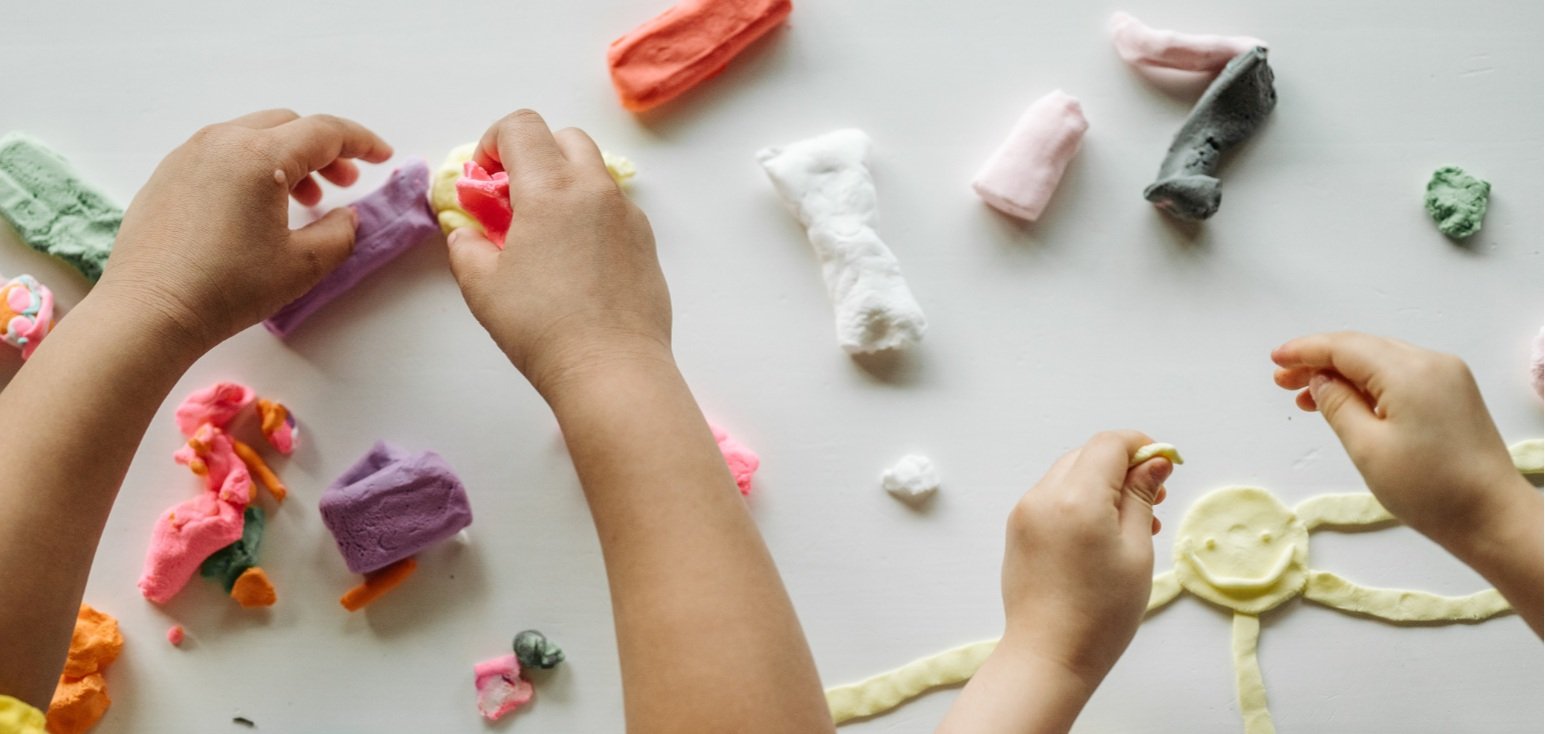
Therapeutic Activities with Play-Doh
Modeling dough (like Play-Doh) can be used as a tactile sensory tool for exploring therapeutic concepts with kids. Read on for 5 of our favorite dough activities to help kids relieve stress, exercise emotional literacy, practice coping skills, and resolve conflict.

Behavior Management Tools & Tips
Every kid is different and we have to tailor behavior management plans to their individual needs and abilities. Read on for practical guidelines for a balanced approach to behavior management.
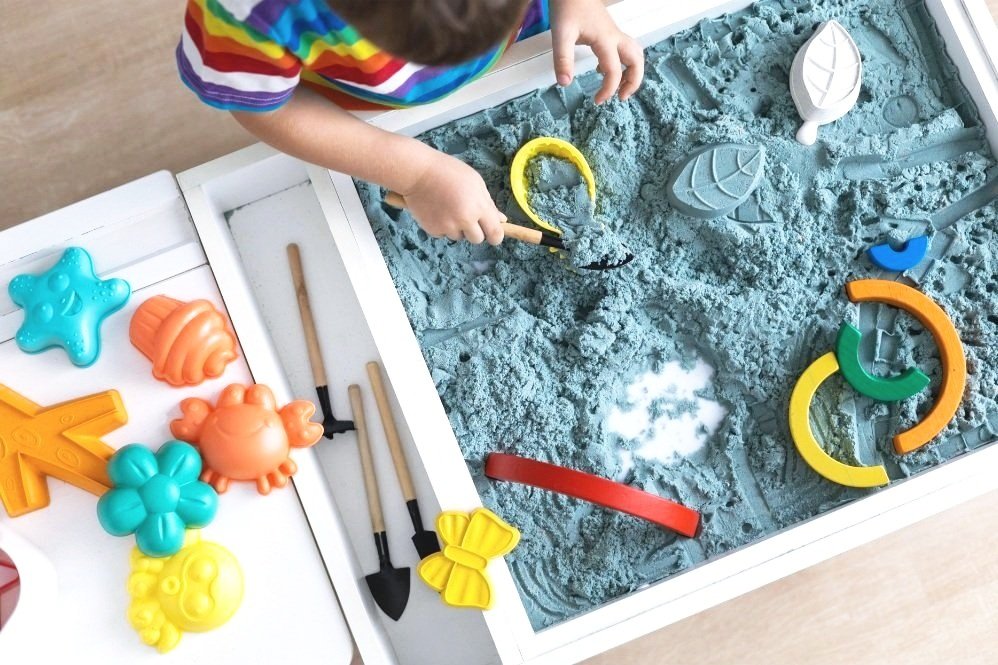
10 Hands-On Therapeutic Activities for Kids
From a therapeutic perspective, interventions that utilize hand-on learning techniques can lead to increased interest, motivation, engagement, and progress! Here we have collected 10 of our favorite hands-on therapeutic activities to help kids develop emotional literacy, build self-esteem, practice coping skills, manage behavior, and recognize values.
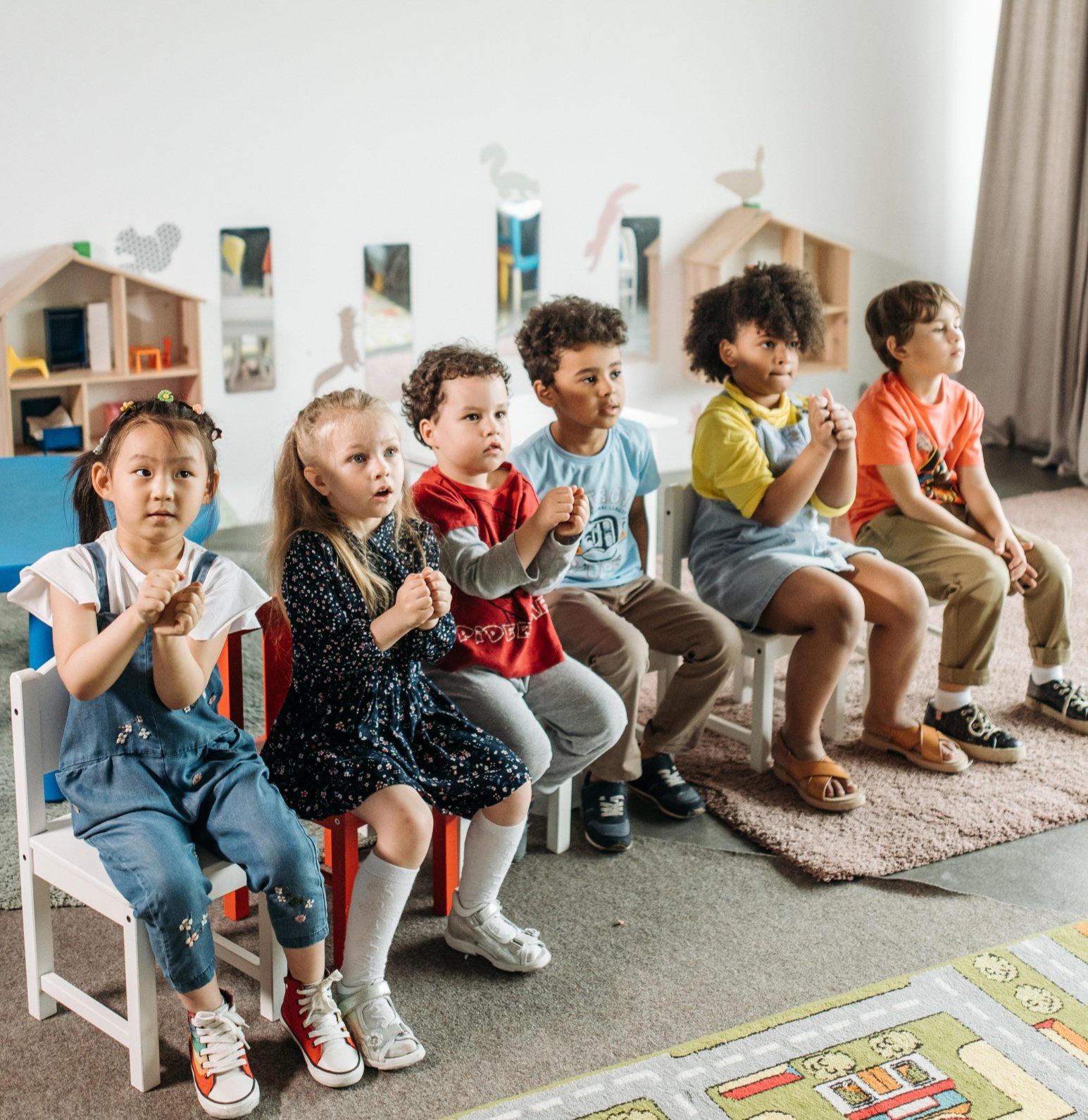
Sensory Processing Disorders
Children with sensory issues may struggle with textures, loud noises, crowds, food preferences, etc. These sensitivities are often seen in children with neurodevelopmental disorders such as autism spectrum disorder (ASD) or attention deficit hyperactivity disorder (ADHD), but they can also appear in otherwise typically developing children. Understanding and supporting a child’s unique sensory needs can help them feel more comfortable and engaged in their environment. Read on for more information and free printable resources.
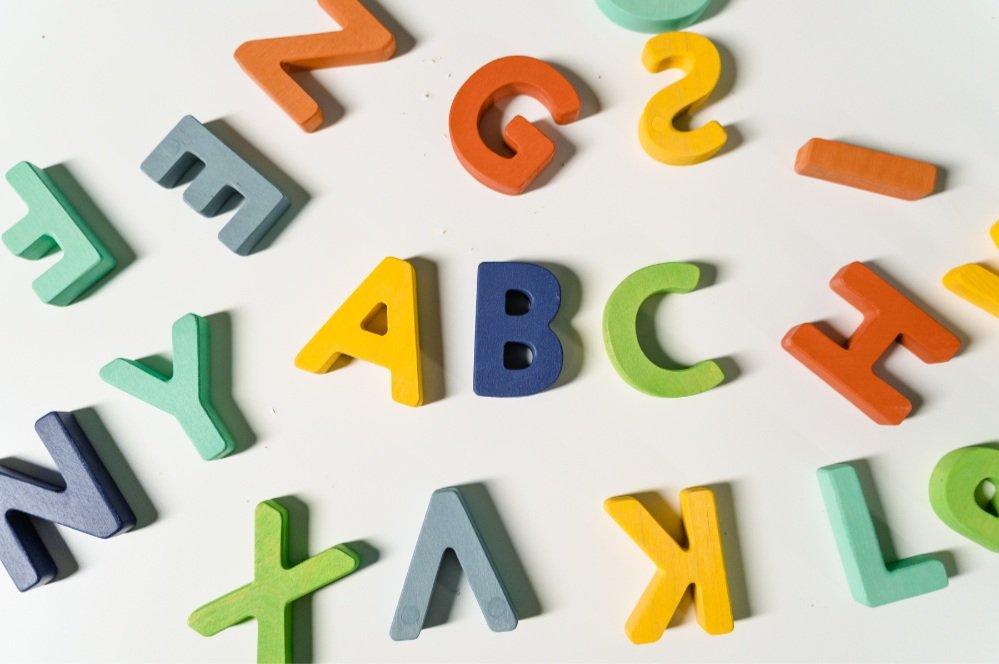
Alphabet Feelings
"Alphabet Feelings" provide a framework for adults to help kids to systematically explore different emotions, scenarios, and coping skills. Print this FREE resource and check out our other recommended ways to exercise social and emotional learning.

Early Childhood Education Philosophies
There are lot’s of ways to “do” early childhood education. Learn about 5 common preschool philosophies: Montessori, Reggio Emilia, Waldorf, Play-Based, and Forest. The best predictor of social and academic achievement is confidence, so regardless of philosophy-specific approaches to academics, find a program where your kid will be comfortable and supported!
